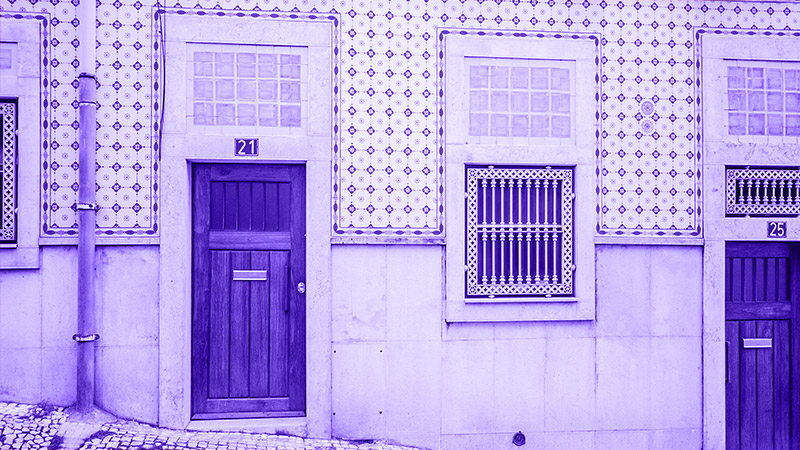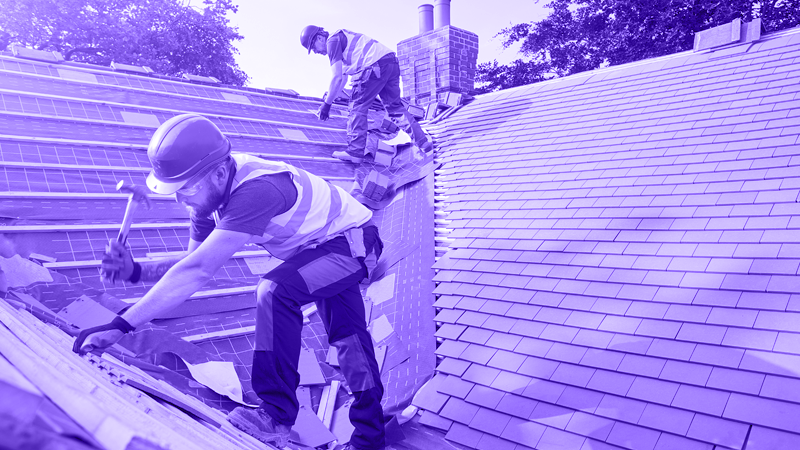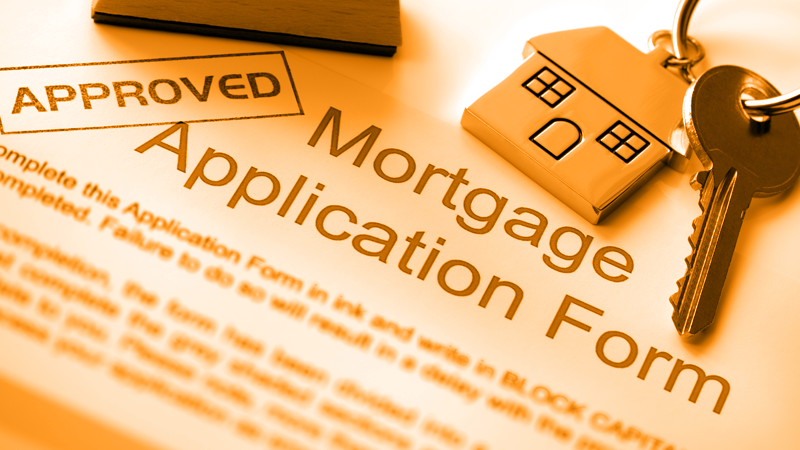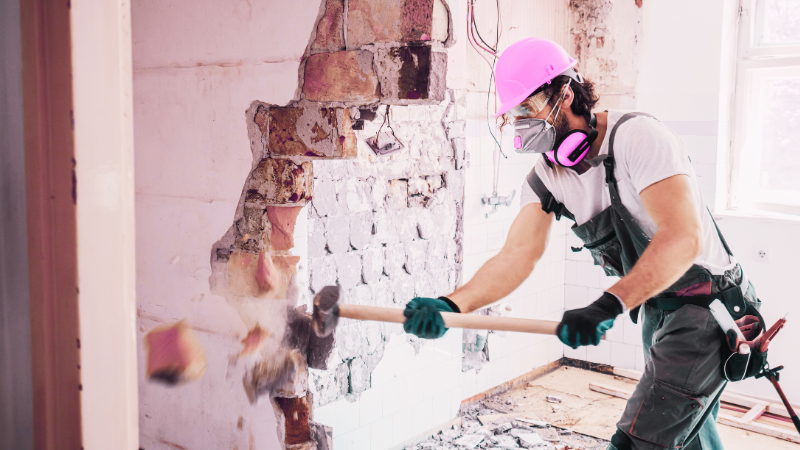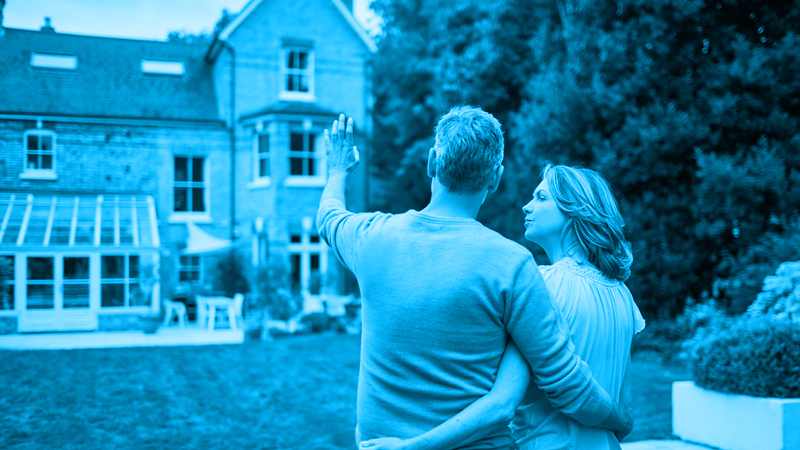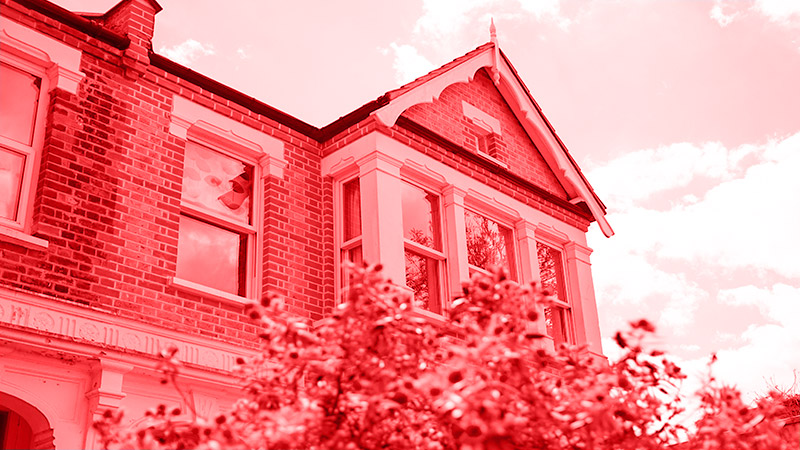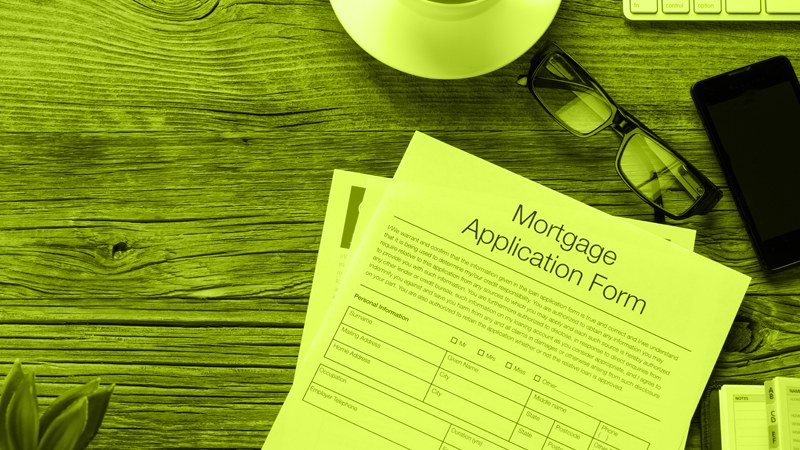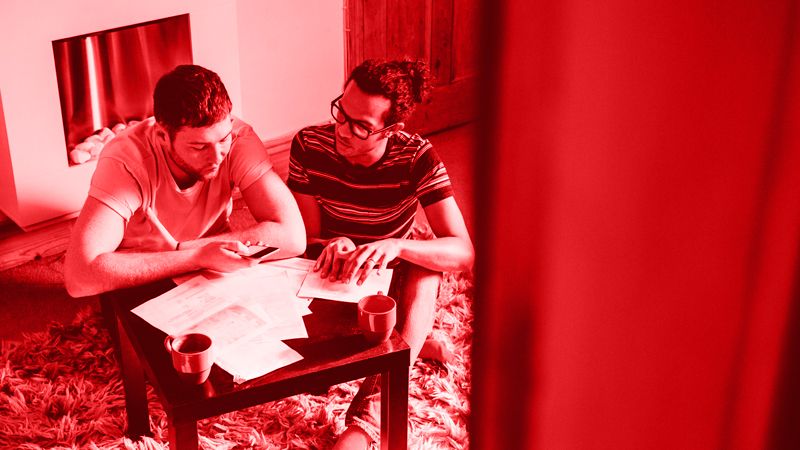If you’re looking for Sharia-compliant financial services in the UK, there are some options available.
Statistics show us that 20 banks provided services in Islamic finance as of 2016, with five of them being fully Sharia law compliant.
More banks and financial institutions are starting to offer Sharia-compliant products and services.
Interest-bearing loans are forbidden in Islam, which can pose a problem when wanting to buy a home.
Of course, the property and mortgage market caters to halal alternatives, providing options for Islamic buyers to get on the property ladder in the most Sharia-compliant way.
Nowadays, Muslims in the UK can purchase the home of their dreams with a Sharia-compliant mortgage.
Below, we look at Islamic mortgages and what you need to know:
What Are Islamic Mortgages?
Sharia-compliant mortgage alternatives provide buyers with options to purchase a home with no interest.
You’ll find many options available, all with a basic loan model.
With an Islamic mortgage, the bank will purchase the property and thus become the official property owner.
To purchase the property, you will pay monthly “rental” amounts to buy out the bank’s stake in the property.
You must pay the rental portions for a set period to become the legal owner.
There will either be a nil balance at the end or a lump sum that needs to be settled for the property to become legally yours.
Three Types of Sharia Mortgages in the UK
There are three main types of Sharia-compliant mortgages that you can access in the UK.
These include:
- Murabaha
With this particular no-interest plan, a Sharia-compliant provider purchases the property and then sells it to you at a higher price, which you then pay in set monthly instalments.
This type of halal mortgage is typically seen in commercial property purchases.
- Ijara
This is a purchase plan enabling buyers to pay a portion of rent and a portion of capital payment towards the outstanding amount.
Throughout the term of the loan, your stake in the property remains consistent.
- Diminishing Musharaka
This halal purchase plan works as a joint agreement between an Islamic bank and the buyer.
This works with the buyer paying set instalments each month that go towards reducing the bank’s ownership of the property while increasing yours.
Deciding which of these mortgage alternatives is right for you will take some time and consideration.
As with all things, there are pros and cons to keep in mind.
Related reading:
- Reasons for remortgaging.
- Remortgaging to release equity.
- Remortgaging to buy another property.
- Remortgaging with bad credit.
- Remortgaging for home improvements.
- I own my house outright can I remortgage?
- Capital raising mortgages.
Disadvantages & Advantages of Islamic Alternative Loans
One of the biggest disadvantages of alternative loans is that you might end up paying more rent than is usual for your local area.
Of course, this isn’t always the case, as some mortgages work out to less rental than the area average.
This is because the majority of halal and Islamic mortgage providers apply LIBOR-pegged values to determine the rental amount.
LIBOR is the London Interbank Offered Rate, which used to be a standard benchmark representing the interest rates typically applied to short-term loans between banks.
Another thing you need to be aware of is that the bank will be the legal owner of the property while you’re paying monthly instalments, but that doesn’t mean you’re exempt from the fees that property owners usually face.
This means that you will still need to pay the required amounts for the stamp duties, conveyancing, and insurance.
These amounts are added to the initial cost of the purchase plan.
In terms of advantages, Islamic mortgages allow you to purchase a property while still observing Sharia laws.
They’re available to Muslims and non-Muslims and offer an ethical way of borrowing.
Required Deposit for Islamic Loans in UK
When applying for an Islamic alternative loan, you will need to put down an initial deposit. This is usually set at 20% of the loan amount.
Finding Islamic Mortgages in the UK
If you’re a Sharia buyer and want to find great Islamic mortgages, you don’t have to seek out specific Islamic banks.
Several Sharia mortgage alternatives can be found at building societies and UK banks.
Islamic purchase plans and mortgages are regulated by the FCA (Financial Conduct Authority).
While there are three types of Sharia purchase plans available, several products are available within each, so it’s advised to discuss the various options and your financial situation with a halal mortgage broker specialist before making a final decision.
Islamic Mortgages Conclusion
Finding an Islamic mortgage is getting easier than it was in years gone by.
With the right mortgage expert to guide you and with some consideration for your current financial situation, you can find a Sharia-compliant mortgage that sets you up to buy the home of your dreams without having to worry about going against Sharia law.
FAQs
Which Banks and Building Societies in the UK Offer Islamic Mortgages?
Several banks and building societies offer Islamic mortgages, such as Gatehouse, Al Alhi, Heylo Housing, and United National Bank, to name a few.
How Do I Check if an Islamic Mortgage is Sharia-Compliant?
Islamic mortgage providers usually have a panel of Islamic scholars that verify if the services and products they’re offered are Sharia-compliant.
Providers who are legitimate will be willing to share the details of their panel members.
Why Are Islamic Mortgages More Expensive?
In some instances, Islamic mortgages can be more expensive than other mortgages because of the increased administration cost and the fact there’s little competition, with very few lenders offering Islamic purchase plans.
Related mortgage guides:
- What to do if your mortgage expires.
- Disadvantages of paying your mortgage off.
- Best mortgage brokers in the UK.
- Should you pay off your mortgage early?
- 50-year mortgages UK.
Do Islamic Mortgages Require a Credit Check?
Yes, credit checks also apply to halal mortgages, as is the law.
Credit checks ensure that you can comfortably afford the instalments attached to a loan.
Who is Eligible for Islamic Mortgages?
It’s not only Islamic buyers that can make use of Islamic mortgages.
Sharia-compliant mortgage providers can offer services and products to non-Islamic buyers too.
Islamic banks are required to offer in line with a set of social and ethical responsibilities.
You can’t make use of Islamic loans if you’re dealing in alcohol, gambling, tobacco, arms, or pornography.
What Makes Islamic Mortgages Halal?
As Islamic mortgages don’t include an interest based loan, they’re considered halal.
Traditional mortgages are considered haram (forbidden) as interest is required.
Banks and providers of Islamic mortgages usually seek guidance from Islamic law experts to ensure that their payment plans are genuinely Sharia-compliant.
Call us today on 01925 906 210 or contact us to speak to one of our friendly advisors.
